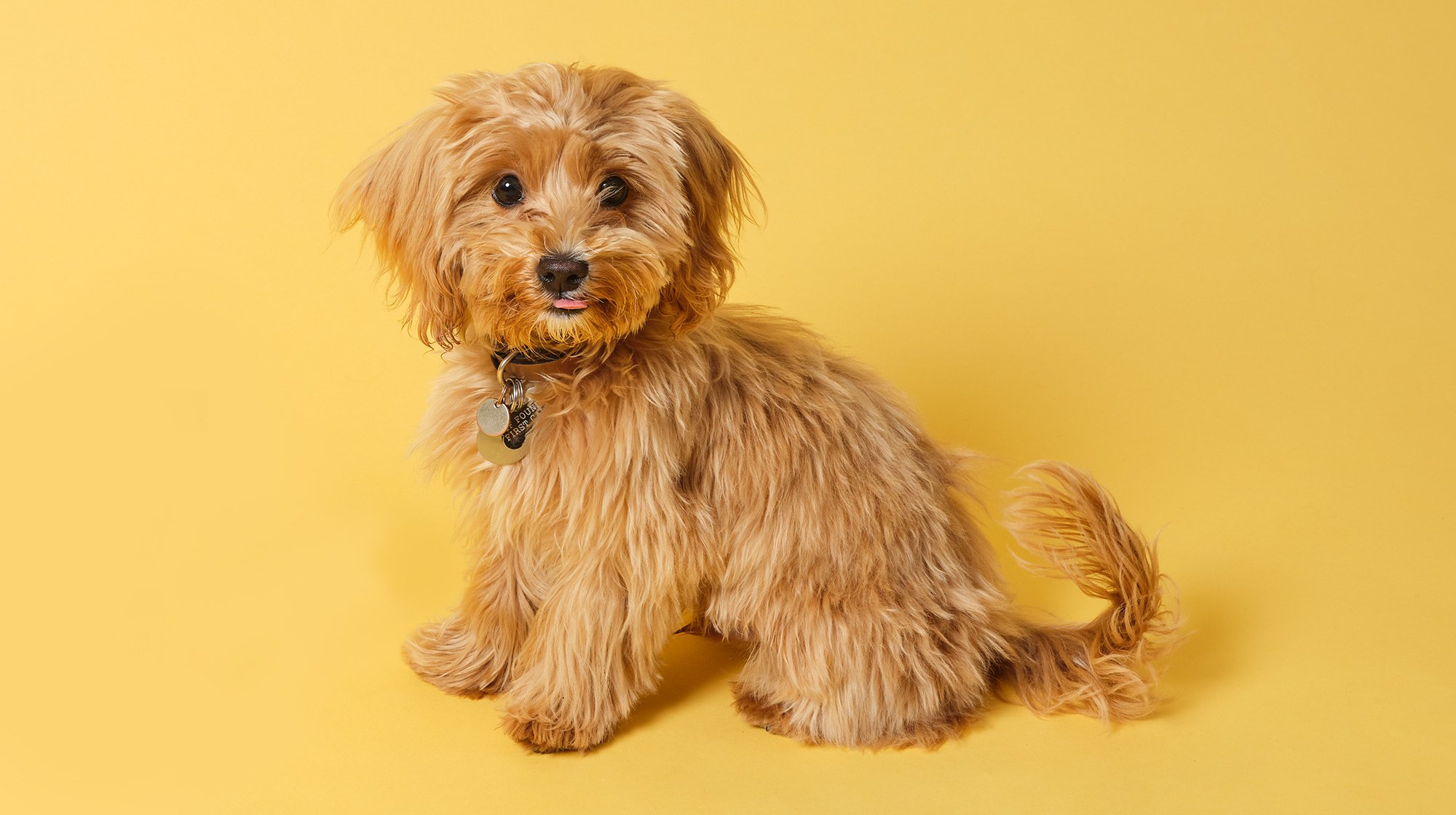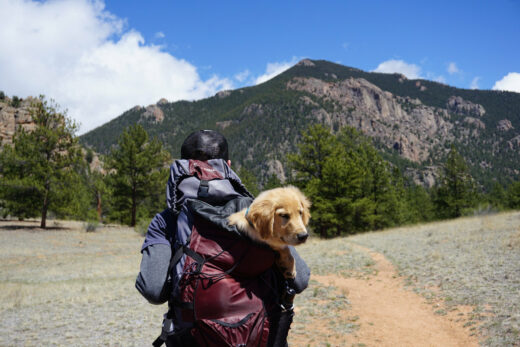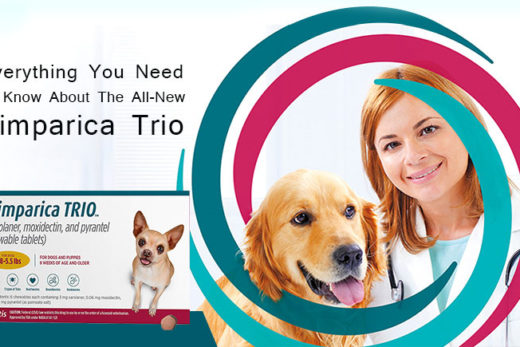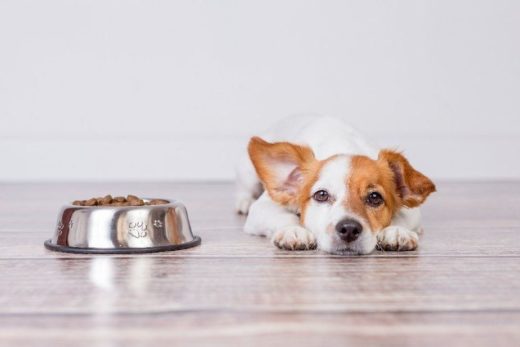
It is a normal part of young dog’s development to nip, chew and test boundaries. Puppies explore the world with their noses and mouths and like to nibble on the world around them. For some, this behaviour continues into their adult years.
There are a range of reasons your dog may continue to nibble and nip including:
- Playing Most of the time, we are dealing with a cheeky dog who is having a bit of fun. They don’t likely realise just how sharp their teeth are and how sensitive our skin can be. For them, mouthing or a play bite often results in a hand or foot that moves and a loud yelp; what fun! The more we react, the more they are likely to think it is all a big game. Work hard on not reacting and making your hand or foot limp when they bite it. Act disinterested and don’t make noise. Dogs will quickly find this reaction boring. When they play nicely, give them lots of praise and training treats to encourage them.
- Teething From about the ages of 4 to 7 months, dogs are teething. This can be uncomfortable, and chewing can provide some relief. Dogs will choose anything from shoes, toys or even us to satisfy their need. To steer them on the right path, make sure they have plenty of teething toys and puppy chews.
Top Tip: A cloth soaked in saltless broth or gravy (that does not contain any garlic or onion) can be frozen and then given to the dog to ease any gum inflammation and provide a welcome distraction to their aching mouths.
- Attention-seeking For many dogs, their idea of hell is being ignored. Some would actually choose negative attention over no attention at all. So, they may learn to chew on furniture because they know it gets a reaction. A gentle push and a loud ‘no!’ is a break in monotony and they are pleased to have gotten some attention. Avoid this negative behaviour by ensuring your dog is kept occupied with plenty of exercise and mental stimulation.





